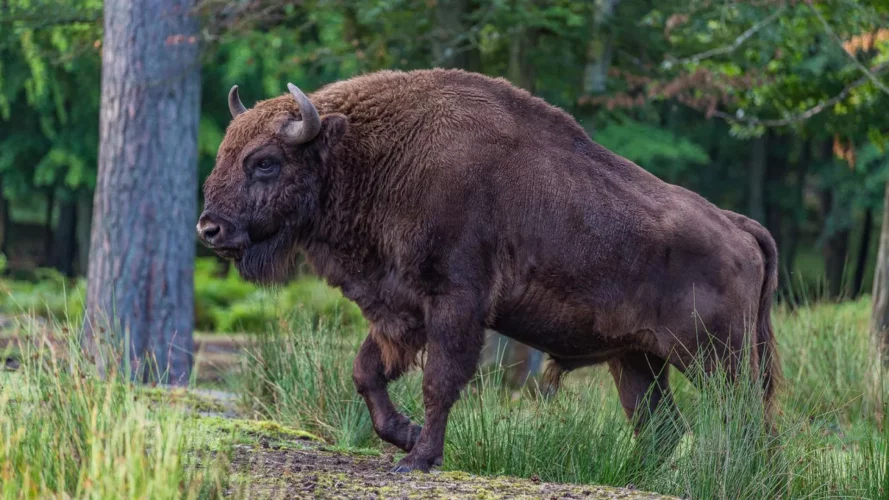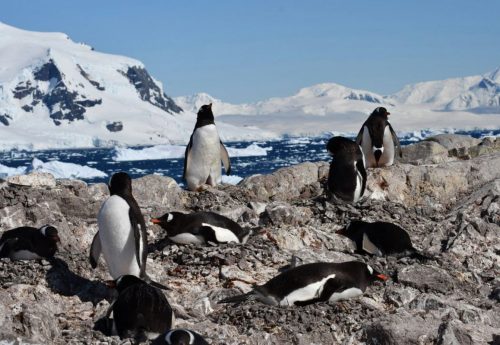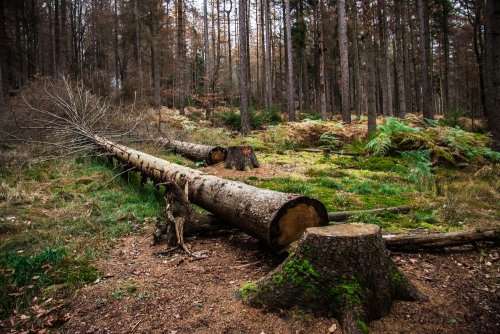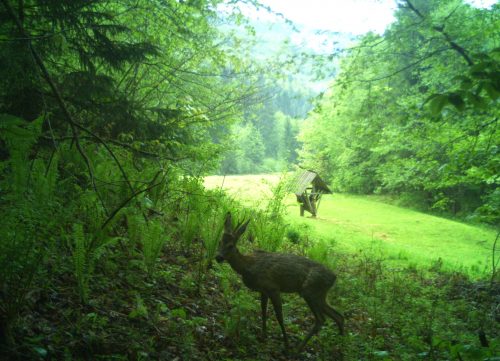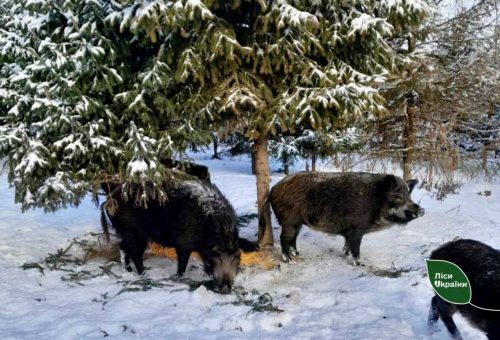The World Wildlife Fund (WWF) is raising €10,000 for the relocation of two male bison from Vinnytsia Oblast to the Zalissia National Nature Park. This is necessary to save the local herd of bison from extinction, as all 4 of its adult males died at the beginning of the full-scale invasion.
This was reported by Euronews.
The Zalissia subpopulation is one of seven in Ukraine, and before the war, it had 21 adults. The full-scale invasion has created new threats to wild animals. Their home, along with the surrounding villages, became a zone of fierce fighting in the first months of the war.
In March 2022, a significant part of the 148-square-kilometer fenced territory of the reserve was destroyed. All 4 adult male bison were killed, according to WWF Central and Eastern Europe.
According to the European Wildlife Society, bison are highly vulnerable and "helpless to save their lives under missile fire" due to their bulky size and reactive behavior. Large mammals such as bison are also threatened by landmines.
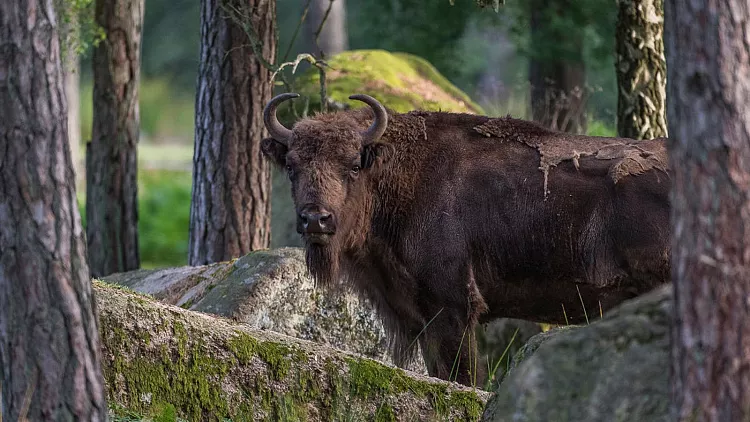
Two male bison from the Vinnytsia region can save the herd, wildlife experts say. But for this, the animals will have to cover about 300 km – a difficult journey that they will not be able to complete alone.
WWF in Ukraine is working on obtaining a permit from the Ministry of Environmental Protection and Natural Resources of Ukraine to start work, as bison are listed in the Red Book of Ukraine as an endangered species.
The charity plans to relocate the bison by September in cooperation with scientists, who will select the males and the method of capture. Veterinarians are also needed to watch the animals, build enclosures and stock food, all of which cost money.
"The resettlement of any animal, even a domestic one, requires careful preparation and time. The resettlement of Europe's largest land animal requires a year of coordinated actions and an initial €10,000. Bison need our help," says Bohdan Vykhor, executive director of WWF in Ukraine.
As EcoPolitic previously reported, Romanian bison “increasingly” help remove carbon from local ecosystems. We also reported that in Transcarpathia зустрилы зубрив, which were considered missing.

